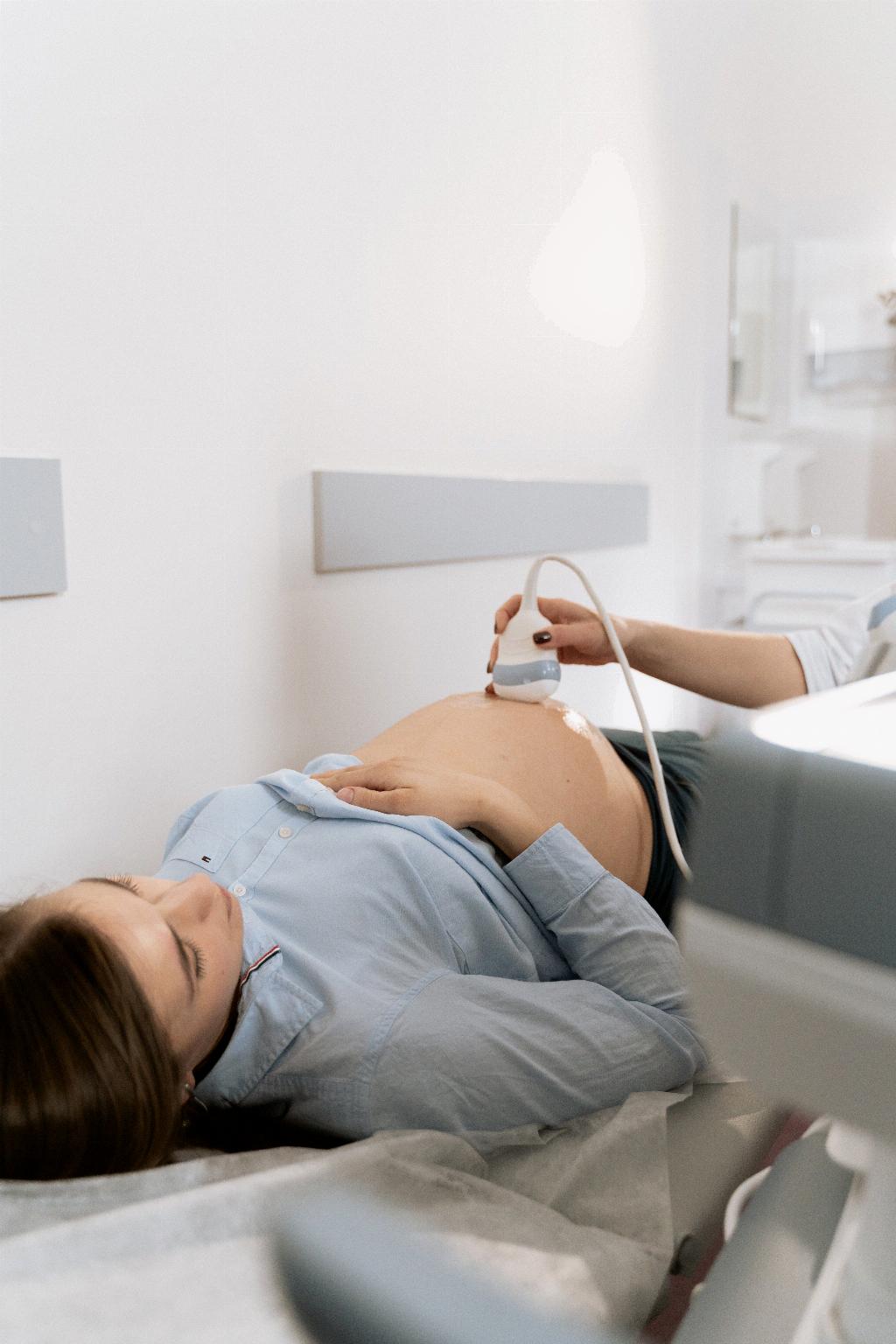When it comes to the wonderful journey of pregnancy, one of the most common experiences that many expectant mothers face is morning sickness, also known as pregnancy nausea. It is said that at least 7 out of 10 pregnant women experience morning sickness during the first trimester of their pregnancy, which spans the initial 3 months. This phenomenon tends to make its grand entrance at around 6 weeks into the pregnancy, with its peak intensity typically occurring at approximately 9 weeks.
For many women, the onset of pregnancy nausea is often synonymous with the early signs of pregnancy itself. As such, it serves as a tangible reminder that the body is busy at work nurturing a new life within. The experience can vary from person to person, with some individuals experiencing only mild bouts of nausea, while others may find themselves grappling with more severe and prolonged episodes.
It is important to note that while morning sickness is a common occurrence, not every pregnant woman will necessarily experience it. Each pregnancy journey is unique, and some women may find themselves skipping this particular symptom altogether. However, for those who do encounter morning sickness, it can be a challenging aspect of pregnancy to navigate.
Despite its name, morning sickness is not restricted to only the morning hours. In fact, many women find that they experience nausea and vomiting throughout the day, with the symptoms potentially intensifying depending on various factors such as hunger, fatigue, or certain smells. The unpredictability of when and where morning sickness may strike can pose a significant challenge for expectant mothers.
While the first trimester is often notorious for being the peak period of morning sickness, there is light at the end of the tunnel for many women. As the pregnancy progresses into the second trimester, which typically begins around week 13, the symptoms of nausea and vomiting often begin to alleviate. This transition marks a welcomed relief for many expectant mothers who have been grappling with the discomfort of morning sickness.
It is worth mentioning that while most women experience an improvement in their morning sickness symptoms by the second trimester, there are instances where some individuals may continue to battle nausea throughout the entirety of their pregnancy. This prolonged experience can be particularly challenging, as it poses additional physical and emotional strains on the expectant mother.
Understanding the triggers and alleviating factors for morning sickness can play a crucial role in managing this common pregnancy symptom. Some women find relief through dietary adjustments, such as consuming smaller, more frequent meals or avoiding certain foods that may exacerbate nausea. Additionally, staying hydrated, getting an adequate amount of rest, and engaging in light physical activity can also aid in mitigating the discomfort of morning sickness.
Seeking support from healthcare providers can also be beneficial for pregnant women who are struggling with severe or persistent morning sickness. Healthcare professionals can offer guidance on potential treatments or remedies that may help alleviate symptoms, ensuring that the expectant mother receives the necessary care and support throughout her pregnancy.
While morning sickness can be a challenging aspect of pregnancy to navigate, it is important to remember that it is a temporary phase in the grand scheme of the pregnancy journey. As the body adapts to the changes of pregnancy, many women find that the symptoms of morning sickness gradually subside, allowing them to fully embrace the joys and wonders of carrying a new life within.
In conclusion, pregnancy nausea typically starts around 6 weeks into pregnancy and peaks at approximately 9 weeks. While morning sickness is a common experience for many pregnant women, not all individuals will necessarily encounter this symptom. For those who do experience morning sickness, managing the symptoms and seeking support from healthcare providers can help alleviate the discomfort and ensure a smoother pregnancy journey.

